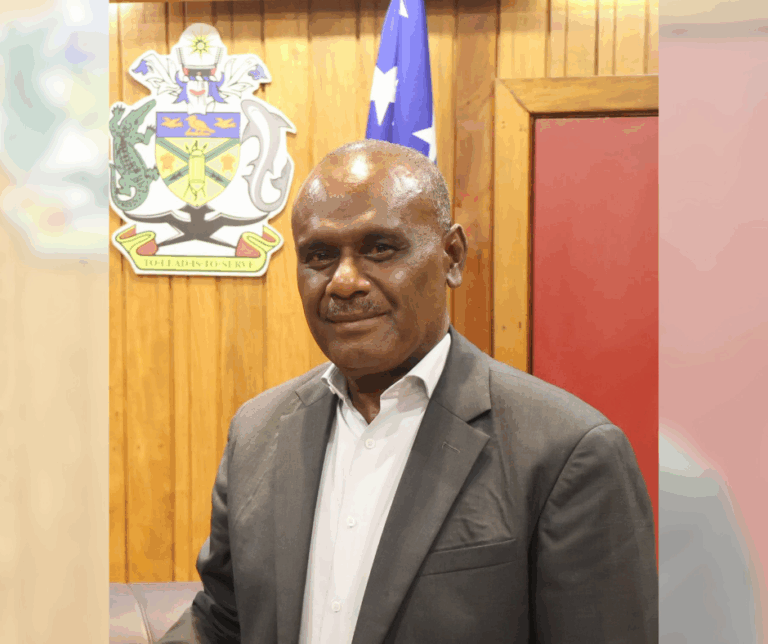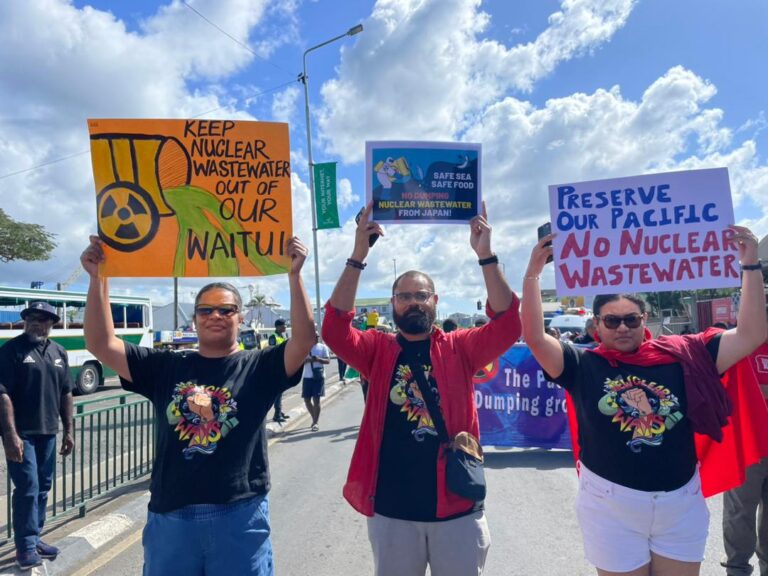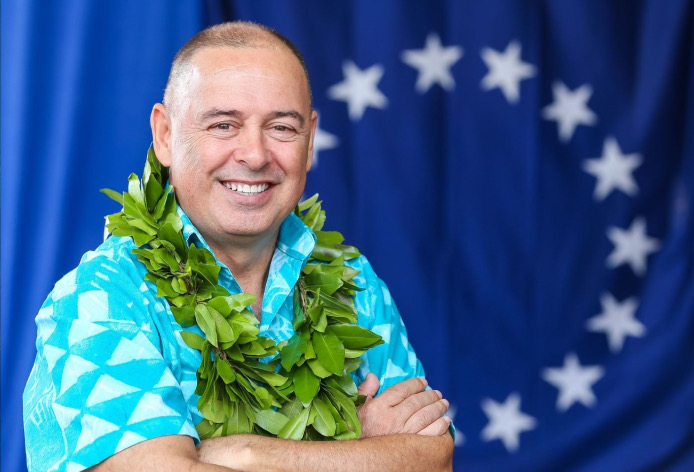SOLOMON Islands Prime Minister, Jeremiah Manele’s recent decision to exclude global powers from the upcoming Pacific Islands Forum (PIF) leaders’ meeting has sparked considerable debate in Western media.
While some outlets have framed it as a snub or a sign of growing Chinese influence, a closer look at Manele’s background as a seasoned diplomat suggests a more strategic motivation.
Having served in various diplomatic roles prior to becoming Prime Minister, Manele is known for his measured approach and deep understanding of international relations.
His comments regarding the PIF decision, therefore, should not be dismissed as mere oversight or the result of external pressure.
Diplomatic Background drives Strategic Move
Prime Minister Manele’s decision is deeply rooted in his extensive background as a career diplomat.
For decades, he has worked to advance the Solomon Islands’ interests on the international stage, giving him a unique perspective on managing relationships with powerful nations whilst prioritizing regional unity.
He began his career as a desk officer at the Ministry of Foreign Affairs and External Trade (MFAET) in 1993.
Manele’s experience includes serving as a counselor and later Chargé d’Affaires at the Solomon Islands Permanent Mission to the United Nations in New York from 1997 to 2002.
He also held senior roles within the government, including Permanent Secretary of the MFAET and Secretary to the Prime Minister and Cabinet. These positions have given him a comprehensive understanding of the domestic and international considerations that shape his nation’s foreign policy.
In explaining the rationale behind the move, Manele explicitly referenced the 2023 Rarotonga Leaders’ Communique.
“It is a sovereign decision for Solomon Islands as the host. We are deferring the dialogue partners meeting because the process for the review and reform of the Post-Forum Dialogue is ongoing,” Manele says.
This emphasis on regional ownership and the need for a strengthened internal approach to engaging with external partners emphasizes a strategic objective.
Manele is seemingly prioritizing the unity and autonomy of the Pacific Islands Forum, while allowing member states the space to define their own terms of engagement before being potentially pulled in different directions by competing global interests.
“The deferral aims to give the region time to strengthen our collective approach to engaging with our partners,” he further elaborated.
While the potential participation of Taiwan and China’s strong opposition are widely speculated to be a contributing factor, Manele’s public statements have consistently focused on the procedural aspects and the need to reinforce the Forum’s internal processes.
This diplomatic manoeuvring could be interpreted as an attempt to prevent a divisive issue from overshadowing the core agenda of the PIF, which traditionally centers on pressing regional concerns like climate change, the protection of the Pacific Ocean, and sustainable development.
The decision has elicited varied reactions from both within, and outside the Pacific.
While some leaders have voiced concerns, others appear to understand the strategic rationale.
President of Palau, Surangel Whipps Jr, whose nation maintains ties with Taiwan, has publicly supported the deferral, suggesting a degree of regional understanding for Manele’s approach.
Ultimately, Jeremiah Manele’s diplomatic background lends assurance to the interpretation that the decision to defer dialogue partners is a calculated move, prioritizing regional solidarity and a more unified approach to external engagement.
Whether this strategic gambit will serve the long-term interests of the Blue Pacific remains to be seen, but it undoubtedly reflects a deliberate and well-meaning effort to navigate the complex geopolitical landscape with the region’s best interests at heart.



![PIF Chair and Cook Islands Prime Minister, Mark Brown (left) with PIF Secretary General, Baron Waqa at 10th Pacific Islands Leaders Meeting (PALM10)in Japan. [[Photo://Sincha Dimara-InsidePNG]]](https://insidepng.com/wp-content/uploads/2024/08/Copy-of-Facebook-Post-Template-41.png)
